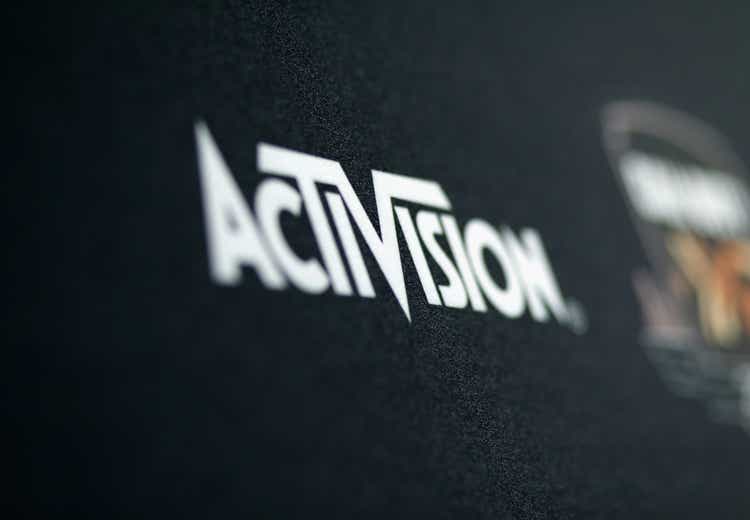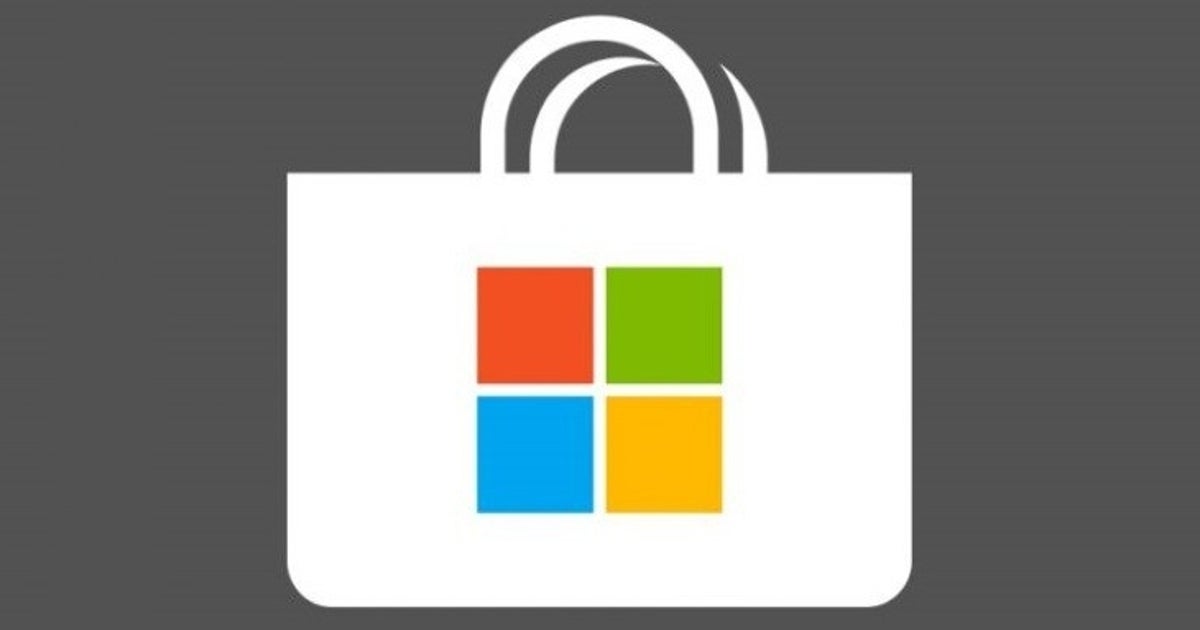Den svenska pensionsfonden AP7 har stämt Activision Blizzard, dess styrelse och Microsoft i samband med Microsofts föreslagna förvärv av Activision.

www.di.se
A Swedish state-run pension fund sued Activision Blizzard Inc. and Microsoft Corp., claiming their planned $69 billion merger was rigged to exploit the beleaguered gaming giant’s sexual harassment crisis and protect its CEO.

news.bloomberglaw.com
A Swedish state-run pension fund sued Activision Blizzard Inc. and Microsoft Corp., claiming their planned $69 billion merger was rigged to exploit the beleaguered gaming giant's sexual harassment crisis and protect its CEO.
The 205-page complaint also targets embattled Activision chief Bobby Kotick, plus current and ex-members of its board. It accuses them of engineering an underpriced deal in exchange for terms allowing Kotick to stay at the helm, at least until the transaction closes after a drawn-out regulatory review.
Knowing Activision and Kotick were "weak and wounded," Microsoft used the leverage created by the scandal to acquire Activision "at a bargain price," at an inopportune time, and following a sham process, according to the proposed class action. It was made public Nov. 10 in Delaware's Chancery Court.
"Microsoft knowingly exploited the harassment scandal and its commercial leverage over Activision precisely to offer Kotick a way to save his own skin," the lawsuit says. "It conspired with Kotick and the board to help them evade the personal and professional consequences of that scandal."
Joe Christinat, a spokesman for Activision, defended the transaction Monday.
"This is a great deal for shareholders," Christinat told Bloomberg Law. "We garnered 98% approval of votes cast. The board went through a thorough process to decide the right move for employees, shareholders, and players."
A spokesperson for Microsoft told Bloomberg Law in a statement that "our proposed acquisition of Activision Blizzard was negotiated lawfully and fairly."
'Frat House' Culture Claims
According to the partly redacted complaint, the deal was negotiated by Kotick, who was seeking a way to avoid liability for the years he spent presiding over a toxic, "frat house" culture at Activision. It has faced a tidal wave of legal and regulatory problems over the scandal's fallout.
Kotick is allegedly one of the few senior executives directly involved in the crisis who has managed to ride it out as a wave of firings eliminated the others, including some he had previously protected.
By letting him take the lead, the board "placed loyalty to Kotick above loyalty to Activision and the Activision stockholders," the suit says. "Apparently, the buck stopped with everyone except Kotick and the board."
The "hastily negotiated" transaction would allegedly help Kotick dodge accountability in several crucial ways: by potentially letting him remain on the job, strengthening his corporate indemnification shield, extinguishing existing shareholder derivative claims, and handing him a $400 million payout.
Microsoft, meanwhile, has admitted that it performed due diligence on the deal, meaning the company "had full knowledge of the scandal the merger would help cover up," according to the complaint.
Although Activision investors approved the transaction in April, they weren't shown certain critical deal details before the vote, the suit says. That would make consummation of the merger—which is still awaiting antitrust clearance—a violation of Delaware corporate laws, according to the complaint.
The suit was originally filed under seal Nov. 3 by Sjunde AP-Fonden—operating as "AP7"—a private equity-style asset manager owned by Sweden's government that holds Activision stock.




/cloudfront-us-east-2.images.arcpublishing.com/reuters/O4YBI3Q6NBOVFATPDBLH4E2JQY.jpg)






/cdn.vox-cdn.com/uploads/chorus_asset/file/3468188/DSCF1179.0.jpg)



